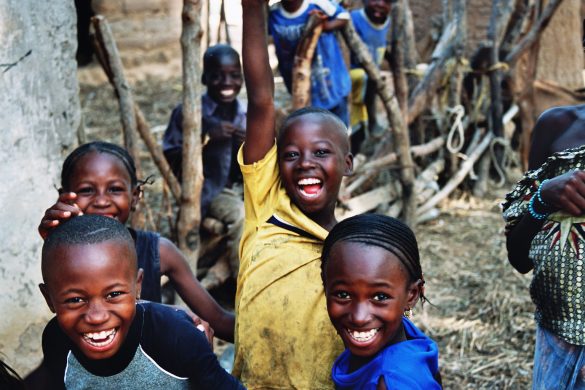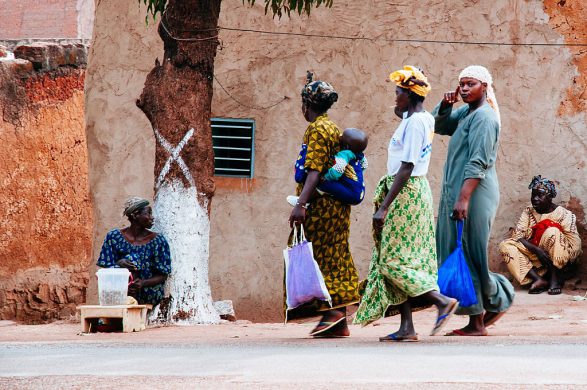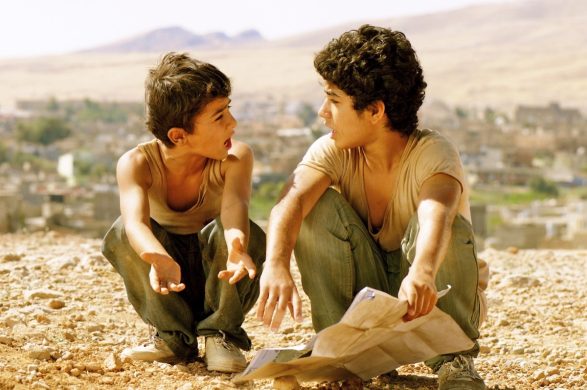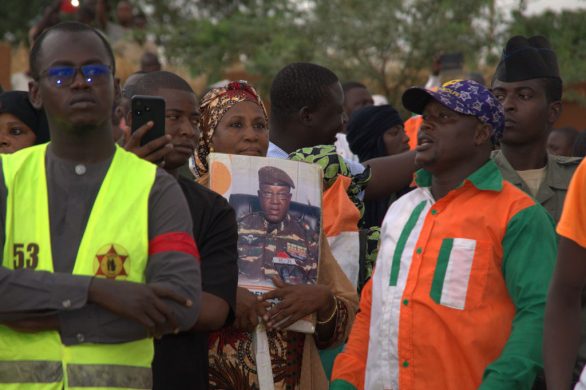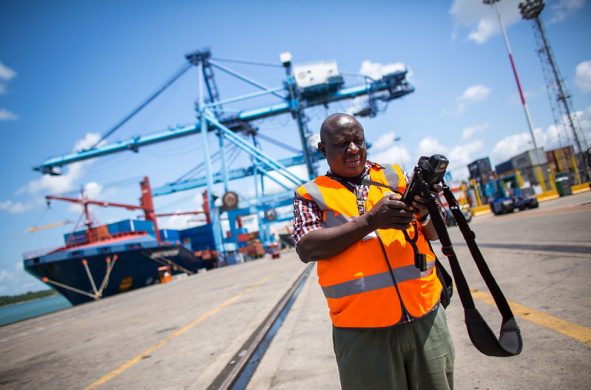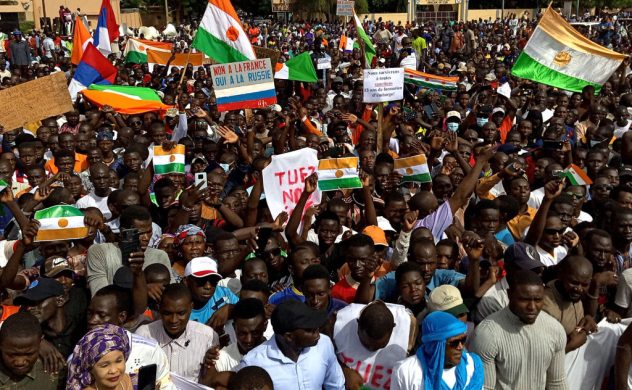BAMAKO, 7 February, 2017 (WFP): A groundbreaking study of the impact of child undernutrition on Mali’s economy has launched in Mali. The latest in a series known as the Cost of Hunger in Africa (COHA) surveys, it will examine the effects of child undernutrition on health, education and national productivity in the country. It is being made possible by the generous support of the Government of Canada.
COHA is a pan-African initiative led by the African Union Commission and the NEPAD Planning and Coordinating Agency (NPCA), with support from the United Nations Economic Commission for Latin America and the Caribbean and the United Nations World Food Programme (WFP).
“Malnutrition kills,” said Boubou Cissé, Mali’s Minister of Economy and Finance. “And it kills a lot. The men and women who survive are affected for the rest of their lives. This is not only morally unacceptable, but means that vast amounts are lost for the national budget – for salaries, for road building, for all public investments. At stake is our national economic survival.”
Et ud af fire børn i Mali skadet af underernæring
According to results of the September 2016 survey using SMART methodology, some 26.2 percent of Malian children under five years old are stunted or have impaired growth as a result of undernutrition in the early stages of life.
“The 2063 Agenda – ‘The Africa That We Want’ – aspires to eliminate hunger and food insecurity completely,” said Margaret Agama-Anyetei, Head of Health, Population and Nutrition at the African Union Commission, as she urged strong engagement for Global Goal 2, to achieve “Zero Hunger.” For her part, Resident UN system coordinator Mbaranga Gasarabwe said improving food and nutritional security was essential for peace.
Mali is the sixteenth country on the continent to take part of the COHA study. It has already been undertaken in Burkina Faso, Chad, Egypt, Ethiopia, Ghana, Lesotho, Madagascar, Malawi, Rwanda, Swaziland and Uganda, and is ongoing in the Democratic Republic of Congo, Mauritania, Mozambique and Zimbabwe.
“The reality is that we cannot ensure sustainable development unless we tackle the challenges of food security and nutrition,” said Silvia Caruso, Director and Representative of WFP in Mali. “Malnutrition is no longer being seen just as a social problem, but as a major economic issue.”
Mali's participation in this initiative demonstrates the commitment and political will of its Government to effectively address child undernutrition in the country.
Previous COHA studies have revealed African economies to be losing the equivalent of between 1.9 and 16 percent of Gross Domestic Product every year because of the impact of child undernutrition.

